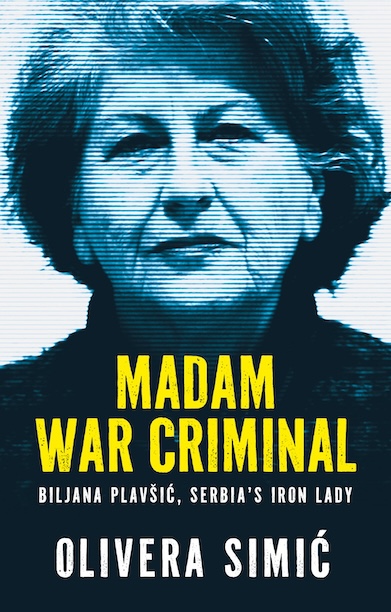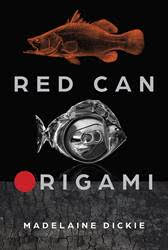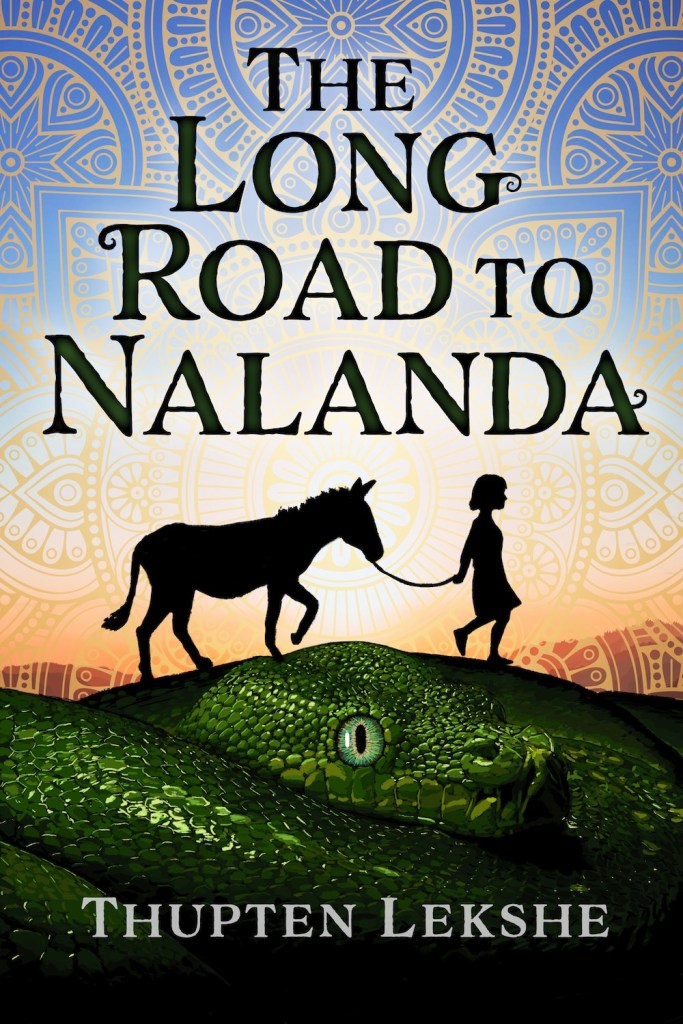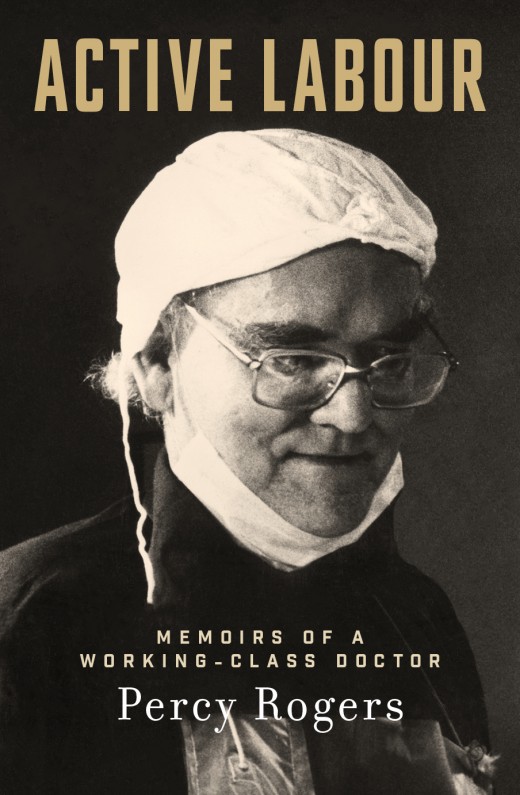
Are you gagging for another English grammar quiz? If so, sharpen your red pencil and put on your proofreading thinking-cap! There is more than one error relating to grammar and punctuation in each of the following ten sentences. Can you spot them? Each grammar ‘issue’ has been covered in the last few articles written for ‘The Art of Writing & […]

Throughout the last few months I’ve been keeping a record of some commonly confused, or simply confusing, words that I’ve come across in my job as an editor and proofreader. Do you ‘orient’ or ‘orientate’ yourself? Do you ‘inquire’ or ‘enquire’? Is an event ‘eminent’ or ‘imminent’? Some of these words are spelt so similarly, or sound so similar, that […]

Would you write: ‘the earth is round’ or ‘the Earth is round’? The rules governing capitalisation of words in sentences may seem straightforward, but, as writers, editors and proofreaders know, distinguishing between ‘proper’ and ‘common’ usage is often difficult, and style guides vary in their rules. As the featured image illustrates, medieval manuscript writers enlarged and decorated the first letter […]

It takes courage for writers to ‘go out on a limb’ in order to develop, and commit to, an individual writing style that satisfies readers. On 9 March 1895, H. G. Wells, English writer and commentator, wrote a review in the ‘Saturday Review’ of Grant Allen’s controversial novel, ‘The Woman Who Did’: “The whole book … is strenuous without strength, […]

He said, she said . . . the all-knowing, all-seeing narrator drones on . . . A few years ago, in a creative writing class focussing on autobiography, I was persuaded to use dialogue in a short memoir. It took a while to get my head around including unrecorded conversations that occurred decades ago. However, I was assured that memoirists and […]

Are you in the mood for a quiz? If so, sharpen your red pencil! There are errors, or improvements to be made, relating to grammar, punctuation and sentence structure in the following ten sentences. Can you spot them? Each ‘issue’ has been covered in the first ten articles written for ‘The Art of Writing & Editing’ series. Answers are provided […]
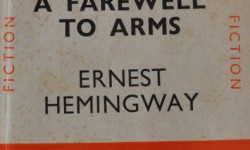
Writers control the pace and mood of their writing with punctuation; it’s an art. Commas, colons and semi-colons break a sentence into units of breath, offering the reader small chances to pause. But there is more to consider. Minimalist writer, Ernest Hemingway (1899-1961), used commas and semi-colons sparingly to create tension and maintain engagement with the narrative. Consider the final […]
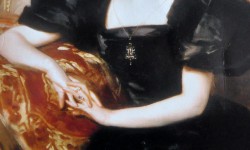
Isabel Archer is a mesmerising character . . . her creator, Henry James, made her so by allowing the reader access to Isabel’s conscious thoughts. A paragraph in ‘The Portrait of a Lady’ (1881) is frequently longer than a page, but how can there be white space on a page if a setting needs visual detail, or if Isabel hasn’t […]
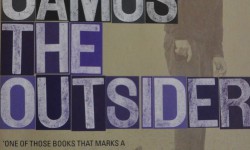
The aim of the first sentence of any written work is to motivate the reader to read on; it can be decisive and declare the theme or argument of the main body of writing, or it can be a teaser. So whether you’re writing a novel, an essay, or just an email, your aim is to arrest the reader’s attention […]

The habitual practice of writing in a notebook, a diary or a journal will refine your writing. A journal can include jottings of daily observations, lists of words and punctuation that interest or bother you, inspirational sentences you’ve read, ideas to develop, critical editing of current writing, and so on. Literary icon, Virginia Woolf, born in 1882, began writing a […]










